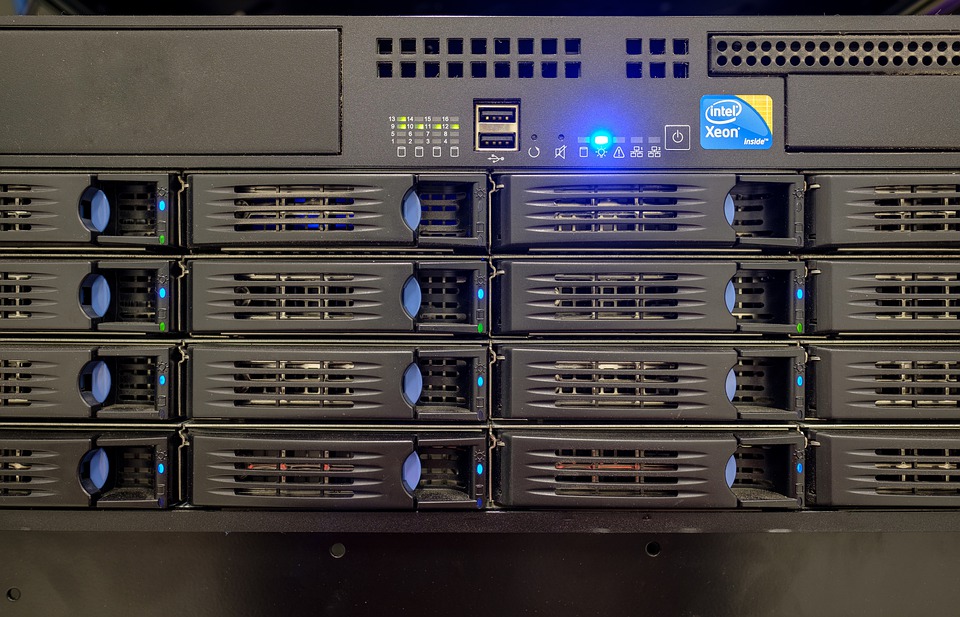DNS filtering is a DNS server-level filter that blocks access to certain websites to block outbound requests for specific domain names. It can be implemented at the network level through servers running on your router, or filters can be installed directly onto individual computers. There are several reasons why an organization would want to utilize DNS filtering:
- Blocking inappropriate content from being accessed by employees during work time
- Preventing users from accessing illegal websites while connected to corporate networks
- Restricting access for children who should not have free reign over the internet during school hours
What is DNS Filtering? DNS filtering is a method of internet content control. DNS stands for Domain Name System, and it’s like the phonebook of the internet. DNS servers are responsible for translating domain names (e.g., google.com) to IP addresses so that your computer can connect to them, let’s say 74.125.224.72 in this case.) DNS filters will “block” certain websites from being accessed by blocking their IP address from being translated into an actual website URL on the DNS server level – thus preventing you from accessing these sites even if they have a valid domain name or IP address!





